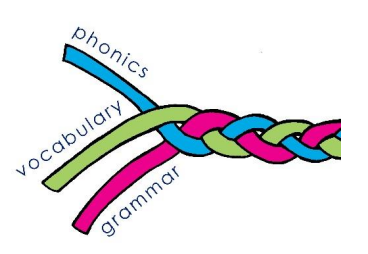MFL - French
Learning a foreign language is a liberation from insularity and provides an essential opening to other cultures. A high-quality languages education should foster pupils’ curiosity and deepen their understanding of the world. The teaching should enable pupils to express their ideas and thoughts in another language and to understand and respond to its speakers, both in speech and in writing. It should also provide opportunities for them to communicate for practical purposes, learn new ways of thinking and read great literature in the original language.
The learning of a foreign language can provide a valuable educational, social and cultural experience for pupils – providing them with:
- Opportunities to communicate for practical purposes in the wider world.
- A foundation for further learning of languages beyond KS2, equipping pupils to study and work in other countries.
- An essential opening to other cultures and a widening of experiences and aspiration.
- A new perspective on the world, encouraging them to understand their own cultures and those of others.
And encourage them to: 
- develop their interest in the language and culture(s) of other countries.
- develop their practical communication skills by understanding and responding to both spoken and written language.
- make substantial progress in one language (although they may have additional opportunities to learn more than one language).
- understand basic grammar appropriate to the language studied.
- make grammar links to their English knowledge
- have a solid foundation for further language study at KS3.
We teach three core strands of essential knowledge: 
1. Phonics – the key components of the sound-writing relationship
2. Vocabulary – a set of the most frequently used words
3. Grammar – the essential building blocks required to create simple sentences independently (including gender of nouns, singular and plural forms, adjectives (place and agreement), and the conjugation of key verbs)
Our French curriculum is designed to enable our children to:
- Develop linguistic and communicative competence
- Extend their knowledge of how language works
- Explore similarities and differences between French, any heritage languages our children have, and English
The teaching of a foreign language to every child in KS2 is a statutory requirement, as set out in the National Curriculum Programmes of Study (2014). In line with the NC PoS, our children learn to: - Listen and show understanding by joining in and responding - Link the sound, spelling and meaning of words - Read aloud with accurate pronunciation - Read and show understanding of phrases and simple texts - Speak in sentences - Describe people, places, things in speech and writing - Ask and answer questions - Express opinions - Write phrases from memory - Adapt phrases to create new sentences - Use a dictionary
Our KS2 children have a weekly 45-minute French lesson throughout the year. This is delivered using a detailed scheme of work with audio-enabled resources. (Rachel Hawkes). Teachers may adapt the resources to support active engagement and meet different learning styles for different cohorts of children.
Children are continuously assessed on the knowledge they are taught in lessons and how well they understand and/or produce language, without reference to resources.





